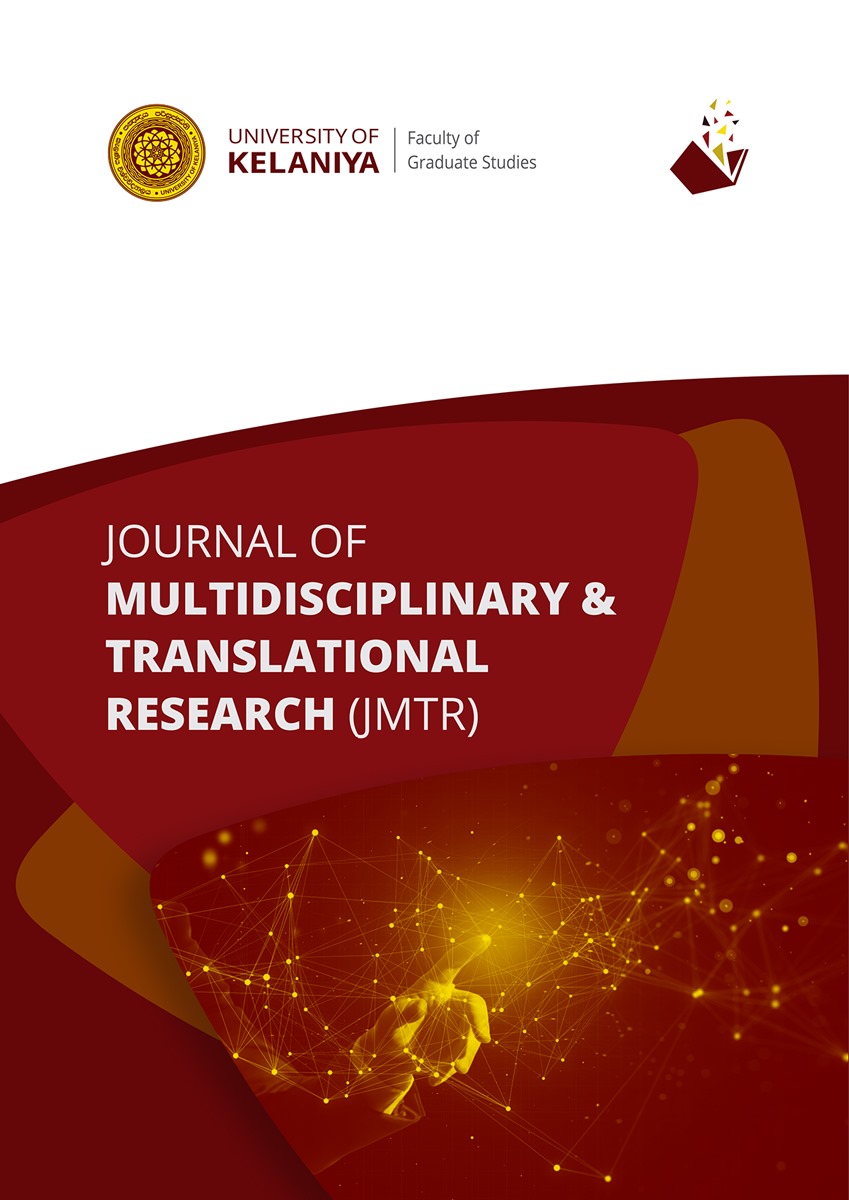Publication Ethics
The JMTR is dedicated to serve as a platform for the growth of an eminent and cohesive network of knowledge which calls for treating everyone involved in the process with decency and respect, free from prejudice, intimidation, harassment, or retaliation. In addition, the JMTR seeks to assure the highest levels of integrity, creativity, and ethical conduct across a wide range of disciplines while developing a collaborative and inclusive scholarly community by upholding these multidisciplinary publication ethics. Therefore, JMTR follows strict guidelines to ensure ethical conduct by all parties engaged in publication, including the authors, editors, and the reviewers.
Publication ethics serve as a crucial foundation for maintaining the excellence of publications across diverse disciplines. It is vital to build public trust in research findings and ensure proper recognition of the intellectual contributions of an individual. Consequently, it is important to avoid following malpractices.
| 1. |
Authorship & Contribution: Authors play a vital part in the research process. Each author listed in a publication must have made significant contributions to the work. This includes substantial involvement in planning and executing the study, and analyzing the study findings. All listed authors should have made sufficient contributions to ensure a fair representation of the collective effort. Authors are accountable for the content of the manuscript. |
| 2. |
Plagiarism: Originality is a fundamental requirement for publication. Authors are strictly prohibited to present work that is not their own. Plagiarism, in any form, is not tolerated. Proper citations must be used to give credit to the original sources and conceptions to ensure the integrity of the scholarly record and to recognize intellectual contributions. |
| 3. |
Data Integrity: Falsification or manipulation of data is strictly prohibited. Authors are responsible for providing accurate data and maintaining the integrity of their research findings. This commitment to data integrity contributes to the credibility and reliability of the research. |
| 4. |
Transparency: Transparency is crucial for the reproducibility of research. Authors are required to present data transparently, allowing for a clear understanding of methodologies and results. Clear explanations in the manuscript enhance comprehension across different disciplines, facilitating collaboration and knowledge exchange. |
| 5. |
Conflict of Interest: To maintain the integrity of the review process, editors, and reviewers are required to abstain from the review process with a conflict of interest. Authors are required to disclose any financial or personal relationships that could be perceived as potential conflicts. This transparency ensures unbiased evaluation and safeguards against undue influence on the publication process. |
| 6. |
Editorial Independence and Impartiality: Editorial decisions should rely only on the quality and relevance of the work to the scope of the journal. Maintaining independence from external influences is crucial to ensure fairness and objectivity. |
| 7. |
Ethical Treatment of Subjects: Research involving human or animal subjects must adhere to ethical standards, emphasizing the importance of obtaining necessary approvals and informed consent. Authors are required to clearly state their adherence to relevant ethical guidelines, ensuring the well-being and rights of research subjects. Evidence of ethical clearance obtained prior to conducting the study must be furnished for studies that involve therapeutic interventions, clinical investigations, invasive procedures on human and animal subjects. |
| 8. |
Correction and Retraction: Authors are obligated to promptly correct errors or inaccuracies in their published work. This commitment to accuracy contributes to the ongoing integrity of the scholarly record. The JMTR is ready to issue corrections or retractions when necessary, maintaining transparency and accountability. |
| 9. |
Legal Compliance: Authors are required to comply with all applicable laws regarding publishing, copyright, and intellectual property to ensure that research is conducted ethically and within the bounds of the law. This includes adherence to ethical standards, proper citation practices, and respect for intellectual property rights. |



